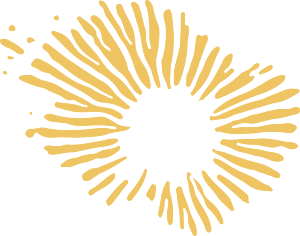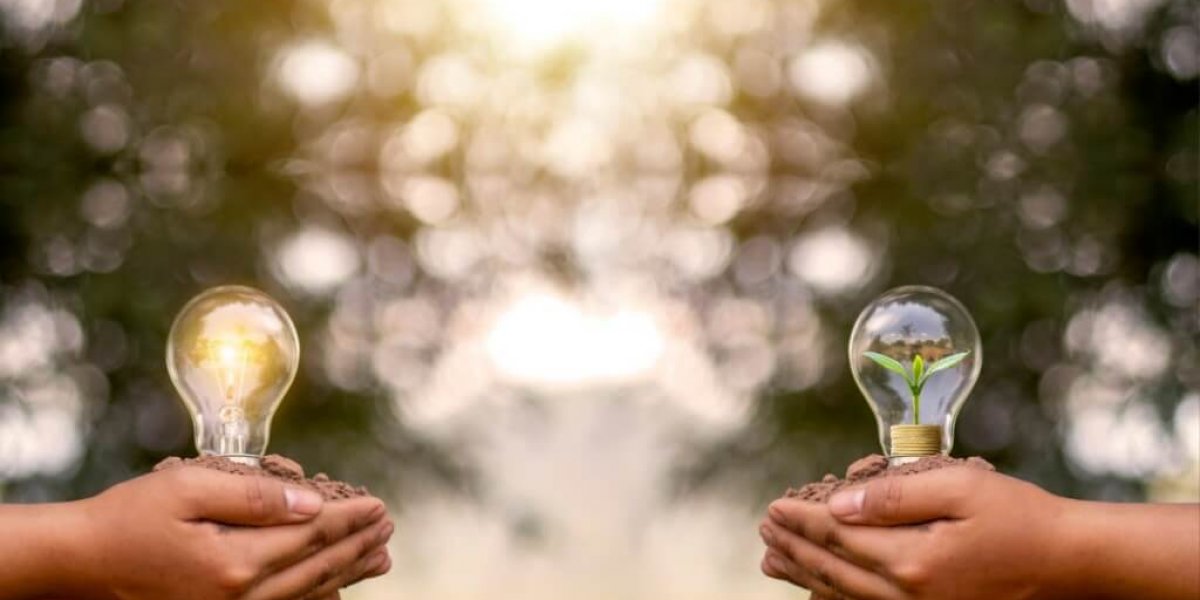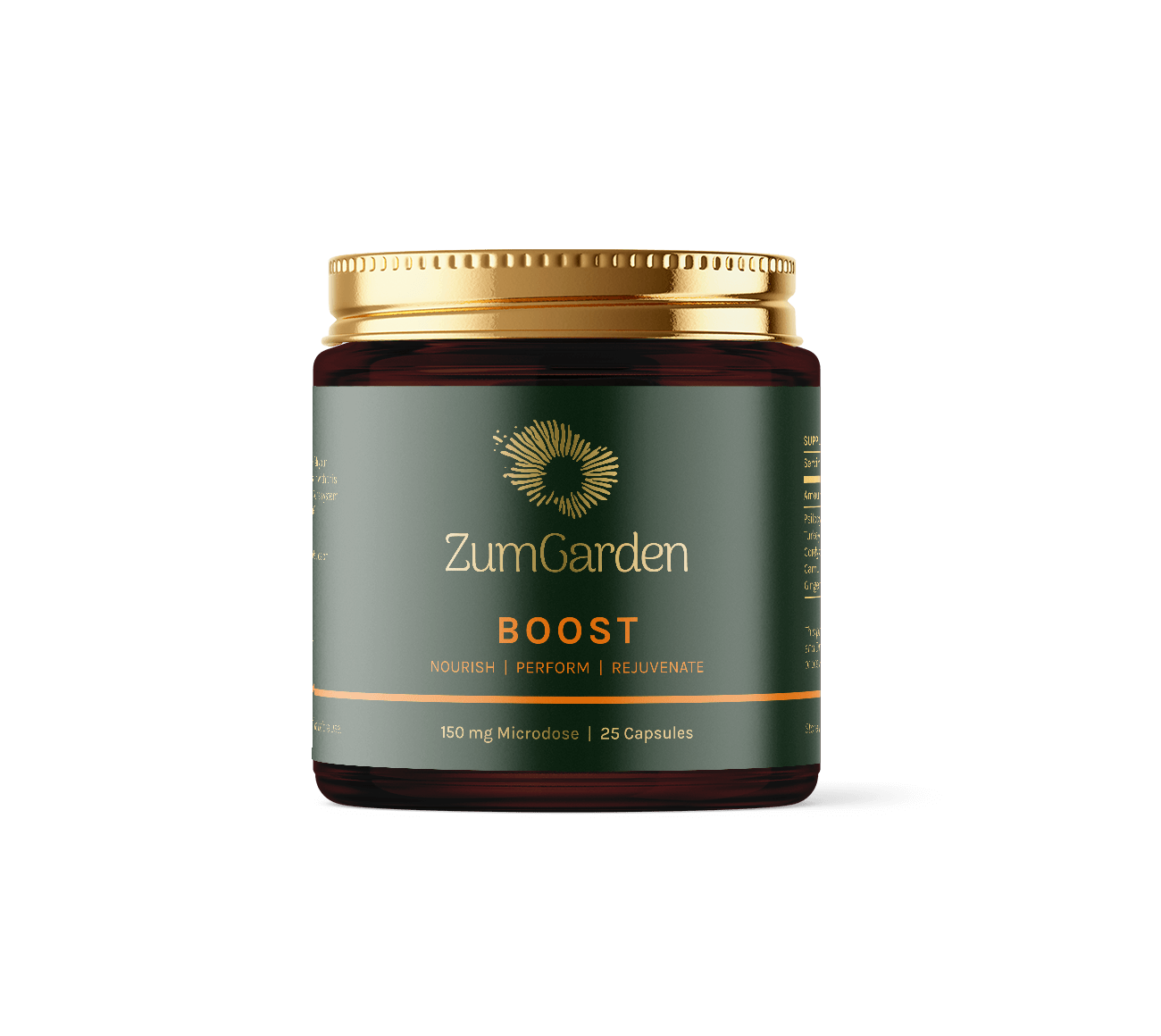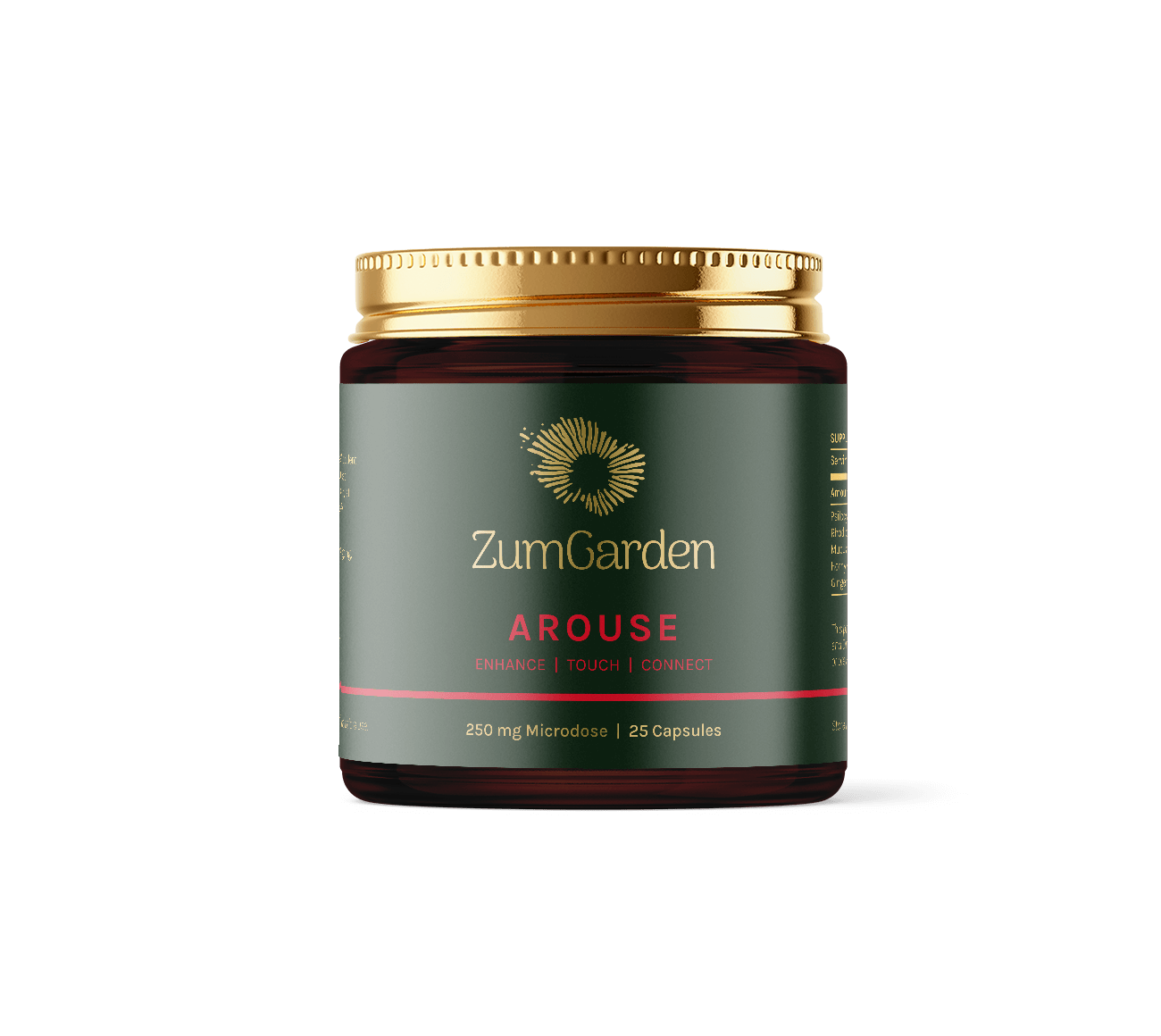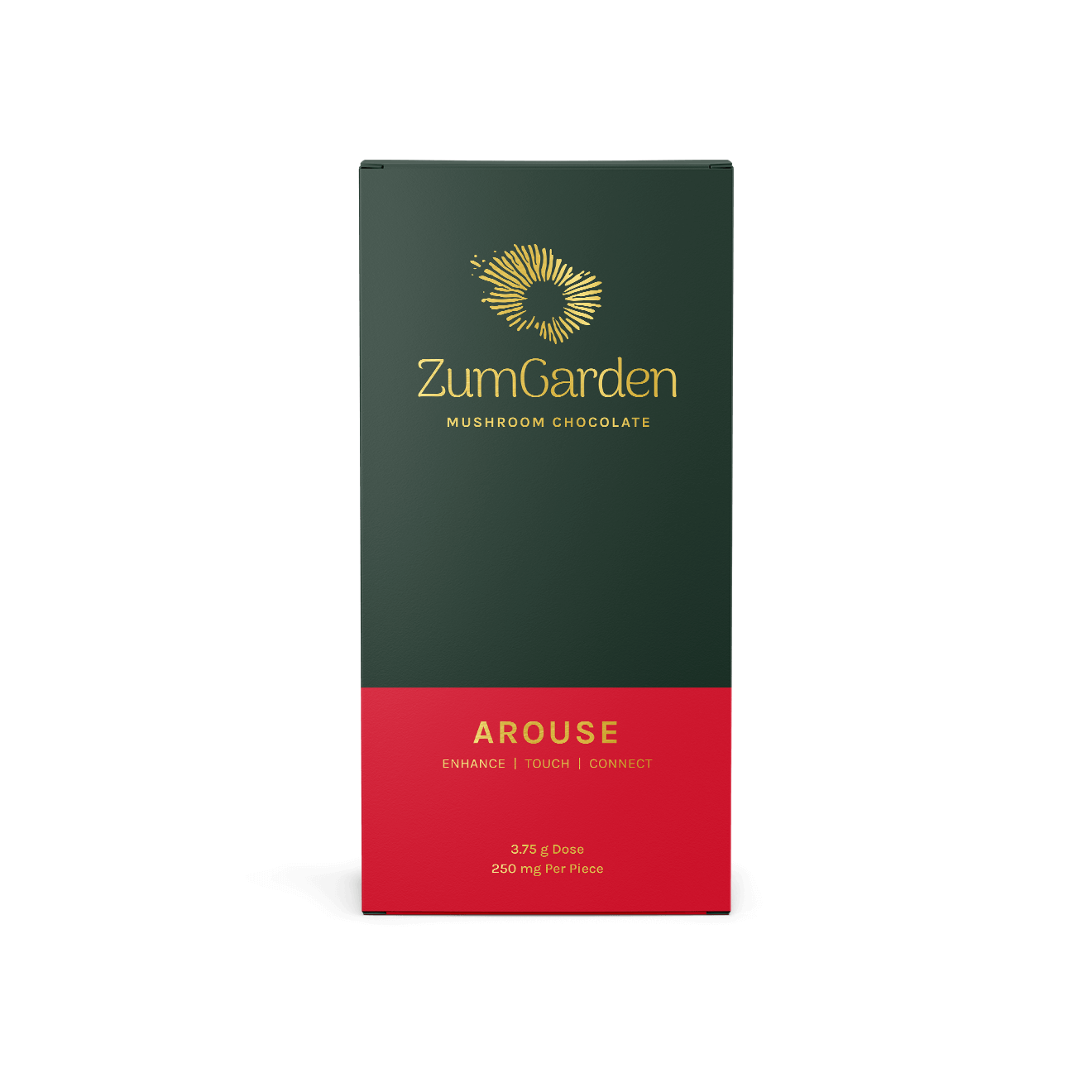The Energy Economics
Imagine your energy as currency.
Every day, you wake up with a finite amount to spend. Where does it go?
- The coworker who complains constantly
- The family member who guilts you into visits
- The friend who only calls when they need something
- The mental loops about situations you can't control
- The tasks you say yes to but don't want to do
By noon, you’re energetically broke. By evening, you’re running on fumes.
Here’s what most people don’t realize: you’re hemorrhaging energy through a thousand tiny leaks, and psilocybin can help you see exactly where.
The Invisible Energy Audit
Your energy goes to more places than you think:
Physical: Obviously—sleep, exercise, nutrition, health
Mental: Worry, planning, decision-making, learning
Emotional: Processing feelings, managing relationships, stress
Spiritual: Connection, meaning-making, growth, purpose
But here’s the kicker: most people are unconscious about how they spend in each category.
They give away emotional energy to energy vampires. They spend mental energy on things they can’t control. They neglect spiritual energy entirely.

The Energy Inventory
For one week (ideally including a microdose day), track your energy like money:
After each interaction or activity, rate your energy:
- ⬆️ Energized (gained energy)
- ➡️ Neutral (even exchange)
- ⬇️ Drained (lost energy)
Look for patterns. Which people, places, and activities consistently drain you? Which ones fill you up?
This data will revolutionize how you spend your energy.
The Energy Investment Strategy
Once you know where your energy goes, you can make strategic choices:
🔋 Energy Generators (Invest more time here)
- People who inspire and support you
- Activities that align with your values
- Practices that restore and nourish you
🔋 Energy Neutral (Maintain mindfully)
- Necessary tasks done efficiently
- Healthy boundaries with neutral people
- Systems that prevent energy waste
🔋 Energy Drains (Minimize or eliminate)
- Toxic relationships and commitments
- Perfectionism and people-pleasing patterns
- Mental loops about unchangeable situations
It’s not selfish to protect your energy—it’s essential.

The Boundary Revolution
When you start seeing energy as precious currency:
💰 You get selective about commitments “Is this worth my energy?” becomes your filter
💰 You set boundaries without guilt Protecting your energy feels responsible, not selfish
💰 You invest in yourself first Like putting on your own oxygen mask before helping others
💰 You attract healthier dynamics Energy-conscious people gravitate toward each other
You realize that saying no to energy drains is saying yes to energy gains.
The Compound Effect
Here’s what happens when you optimize your energy spending:
- Better decision-making (you're not operating from depletion)
- Increased creativity (you have resources for inspiration)
- Deeper relationships (you can show up fully for people who matter)
- Greater resilience (you have reserves for life's challenges)
- Natural magnetism (people are drawn to those with good energy)
It’s like earning interest on your life force.
Energy Investments That Always Pay Off
These activities consistently generate more energy than they cost:





These aren’t luxuries—they’re necessities for sustainable living.

Final Thoughts
You only get one life’s worth of energy. How are you spending it?
Most people are energetically bankrupt because they never learned to budget their life force.
Psilocybin doesn’t give you more energy—it reveals where you’re wasting the energy you have.
When you start treating your energy like the precious resource it is, everything changes.
So…what energy leak are you ready to plug first?
🔋 Identify the drain
🚫 Set the boundary
⚡ Redirect to what energizes you
Until next time,
Mushie Media of the Week:
“Microdosing with James Fadiman and Jordan Gruber”
by: Depresh Mode with John Moe







